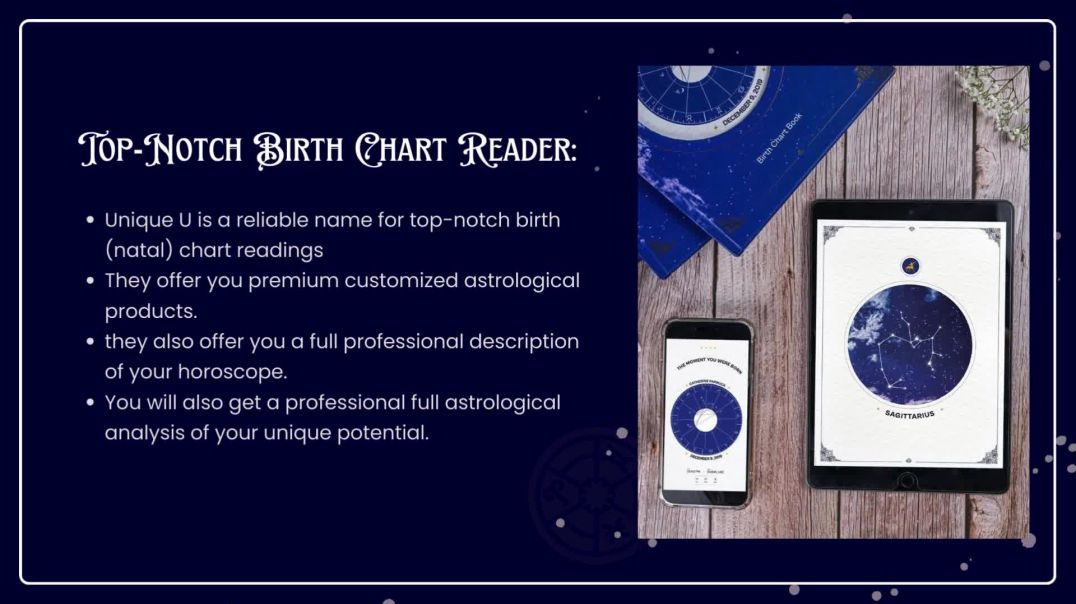2 Views· 12 November 2022
IELTS Reading
Do you have to take the IELTS? Are you nervous about the test? I can help. In this lesson I will tell you what to expect in the reading section of both the general and academic versions of the IELTS. You will learn about the amount of time you have to do it, the number of questions on it, how much you will have to read, and much more. I'll also give you some tips about how to use your time. Take my quiz at the end to make sure you know what to expect on test day. Once you know what will be on the test, you can do exercises to practice for your test. Be sure to check out engVid's IELTS section at http://www.engvid.com/english-exams/ielts/ for many more lessons to help you prepare for the IELTS. Good luck!
http://www.GoodLuckIELTS.com/
http://www.engvid.com/ielts-reading/
Hi, there. My name is Emma. And in today's video, we are going to learn about the reading section of the IELTS. So it's very important before your test day to learn as much as you can about the test. If you know what's going to happen on the test, you're going to feel less nervous, more comfortable, and you'll do a better job. So in this video, I will explain what happens in the reading segment of the test.
So first thing to know is there are two different versions of the IELTS; one is for general and one is for academic. If you're doing the IELTS for things like immigration, you will probably be doing the general, whereas if you're doing the IELTS for... For to get into a university in Canada, England, Australia - you will probably be doing the academic. So there are a lot of similarities in terms of the reading passages on the general and academic versions of the IELTS. The readings are different, but there are some things that are the same.
In both cases, on the general and the academic, the reading module lasts for one hour. So it lasts for one hour. In this hour, you are going to see three texts or three passages. So there's three sections. Another thing to know is that you will also have to transfer your answers on to an answer sheet. That will also be a part of this one hour.
For both the general and the academic, there are 40 questions. The text in the general usually are social, work related, there's often one academic text as well; whereas in the academic, all the text are maybe something you would read in an undergraduate or graduate course.
In terms of also the general, you might see advertisements, you might be reading about... You know, comparing different products; whereas in the IELTS, they're usually more scientific or more academic articles.
Another thing to keep in mind is for both tests, usually the readings go from easy to difficult. So the first part of the test is going to be the easiest part, second section is going to be a bit more difficult, and the third section is going to be more difficult than the second. So keep this in mind when you're planning your time for the IELTS because if you spend all your time on the first section, that's actually the easiest. It's better if you spend less time on the first section, more time in the middle, and the most time at the end.
So in both the academic and the general, you're going to see a variety of questions. Okay? There are many different question types. And the best way to prepare for the IELTS is to learn about these question types.
You might see multiple choice where they'll want you to pick: "A", "B", "C", "D", sometimes "E". Short answer. Sentence completion. You might see tables, charts, diagrams. You might have to read something and then fill in a diagram based on the information you read. Sometimes there's summary completion. Paragraph headings where you have to match a heading with the correct paragraph. You might need to locate information. You might have to write about a writer's view or claims. You might get a question on classification. Or you might get a matching question.
So, the main point here is that it's important to know there are many, many different question types you can get on the IELTS. In terms of the IELTS also, it's very important before you do the IELTS to take a deep breath and to relax yourself. Especially with the reading section, you might see a lot of passages you have to read - take a deep breath, you will do fine.
It's also important to know with the reading module of the IELTS where it comes on the test. The first thing you do on the IELTS is listening, the second thing will be reading, and then after that, writing. So just so you're aware of where it comes, reading is in the middle.
So, I invite you to take our quiz to see if... How much you know about the IELTS, the reading module. Come visit our website at www.engvid.com. Good luck. Until next time.




















![[KidsPang] MonKart Ep.29: Reading the Winds](https://i.ytimg.com/vi/RqzjDmdy7RQ/maxresdefault.jpg)







0 Comments